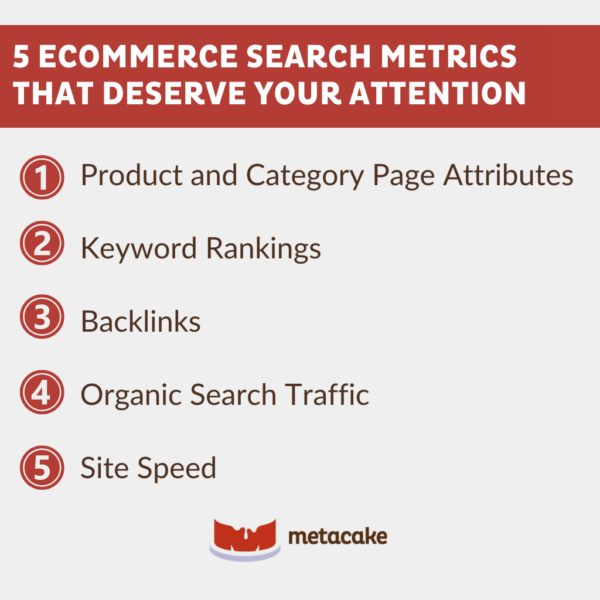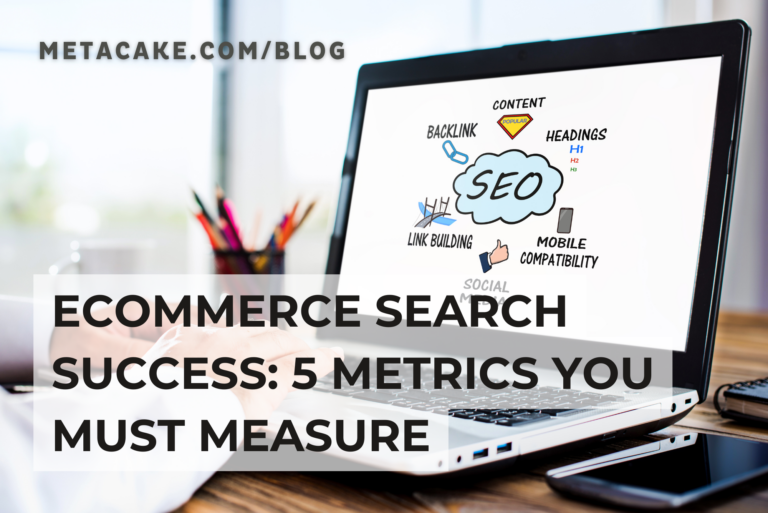Search engine optimization may seem like a black box that we have no way to see inside. To an extent, this may be true. However, it’s important to remember why search engines exist and what they’re trying to accomplish.
Let’s get back to the basics. Search engines’ purpose and goal is to provide users with the most relevant results to their search queries as quickly as possible. In the past, there may have been black hat tricks and techniques to fool search engines, but not today. The truth is that search engines are smart these days — and they’re always getting smarter.
So how do you win in the long run with SEO? It’s simple: You just need to be relevant to show up in results for a given query. And you need to be sure that your site’s optimized for search engines to be able to read it and that your site speed is above par and optimized for mobile.
We said it was simple — not easy.
In fact, SEO is the opposite of easy. It takes hard work and a lot of time, but it’s worth it in the long run.
Ecommerce Search Metrics: Getting Fit for SEO
Looking at a company’s marketing activities is like considering a personalized nutrition plan. There may be some general rules that apply to everyone. For example, no nutritionist would tell you to eat a burger and fries every day.
But there’s no “one size fits all.” It depends on your body, your fitness level, and your goals.
The same is true for a business — each one has a different product, different customers, and different end goals. So individual businesses need to look at their marketing activities a bit differently. Each one needs a personalized plan to achieve their specific goals.
Depending on your business, SEO may be at the top of your priority list and demand high levels of investment, or it may fall so low that you never seem to get to it. And that’s OK. For most businesses, however, SEO will play some part in their marketing investment.

Here are five metrics to focus on and track to ensure the health of your ecommerce search strategy.

5 Ecommerce Search Metrics That Deserve Your Attention
1. Product and Category Page Attributes
If you’re an ecommerce store, having your product pages (and category pages) rank in search engines is huge. You want to make sure that you’re not only providing quality content on your product pages but also that your product pages are structured correctly so that they’re easily readable.
This means including titles, quality body content, videos, resources, and reviews for social proof. For SEO purposes, it’s also good to include links to other sites, but be careful about this one in terms of placement and priority. You don’t want to direct people out of your sales funnel.
Don’t believe that SEO on your product pages is so important? Imagine your ecommerce store showing up near the top of a Google search result. Wouldn’t that change everything?
2. Keyword Rankings
If you’re focused on SEO, you should have certain keywords that you want to show up for in search engines. So, naturally, you want to track how you rank for these keywords and where. Keep in mind that for any keyword strategy, you need to make sure to tailor your content and your site around these keywords.
A word of warning: It’s VERY difficult to become the first search result in Google.
But being first isn’t the important thing. Focus on being on the front page. This is also very difficult, but there are huge benefits to it.
Most users scroll through the first page of results and click on several of them, but very few click through to the second page. The front page results get 92% of the traffic.
3. Backlinks
This may seem old school, but backlinks are still incredibly important in SEO today.
Remember common sense and what the search engines are aiming to do. They want to get the right content to the right people as quickly as possible.
Having a backlink from a reputable source carries a lot of weight. It means a trusted site believes in the value of your ecommerce store. This carries credibility in the search engine world.
4. Organic Search Traffic
This may be a no-brainer, but it’s important to mention: Organic search traffic is your barometer. Keep track of it in percentage terms compared to other sources of traffic. The ideal split between organic and paid search traffic and other traffic sources will depend on your particular business, but tracking this split over time will give you an indication of how your SEO efforts are faring.
The second phase of this metric is to track what the traffic from each source is doing on your site. This’ll answer the question of whether or not more organic traffic is good for you.
Are customers converting? Organic traffic is great, but if customers are landing on your site and ultimately not looking around or converting, then it’s not worth investing in.
You’re looking for quality traffic, not any traffic you can get. So make sure to pay attention not only to where your site visitors come from, but what they’re doing to help you focus your marketing efforts.
5. Site Speed
Site speed is very important for search engines. You could be the most relevant result for a given query, but if your site lags, search engines will ding you significantly. Search engines want to give a good experience to their users, just like you do, so if your site takes a long time to load, you won’t get top ranking.
Wondering how your site speed is? Check out Pingdom tools.
Ecommerce Search Metrics: A Few Final Tips
Here’s some parting wisdom for you as you get moving on improving the search metrics for your ecommerce store:
- Optimize your site for mobile. If it isn’t, you won’t show up in mobile results.
- Enable Google Analytics and Google Search Console on your site. This allows you to communicate with Google and determine if your site is being crawled properly (as well as track results).
- Make sure you have a valid site map that’s updated dynamically. This comes standard in most content management systems, or there’s likely a plug-in available. This allows you to tell search engines where your content is and how it should be indexed (rather than leaving the search engines to crawl around in the dark).
Search metrics are a big part of ecommerce success. When you’re ready to develop this aspect of your business, reach out to us. We have an expert team who loves helping ecommerce businesses like yours.
